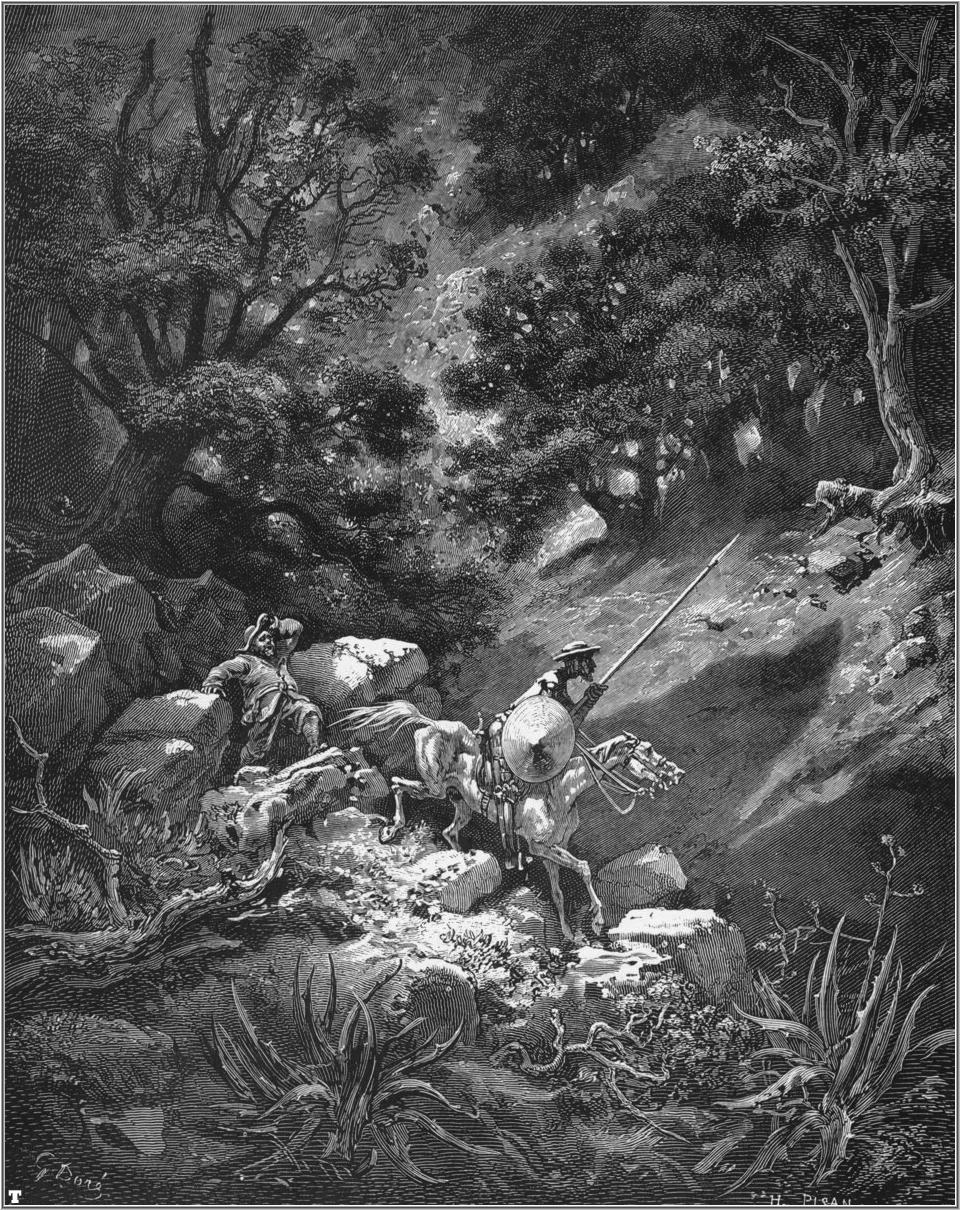
31st January 1942, evening
Possibility of collaboration with France—The era of Italian Fascism— The birth of the SA.
The Jew is so stupid that he himself saws through the branch on which he’s sitting. In 1919 a Jewess wrote in the Bayrischer Kurier: “What Eisner’s doing now will recoil upon our heads.” A rare case of foresight.
France remains hostile to us. She contains, in addition to her Nordic blood, a blood that will always be foreign to us. There must be two Frances. Thus, the French who have compromised themselves with us will find it to their own interests that we should remain in Paris as long as possible.
But our best protection against France will be for us to maintain a strong friendship, lasting for centuries, with Italy. Unlike France, Italy is inspired by political notions that are close to ours. I was thinking of the Italian delegation I received yesterday. I met men who have rulers’ qualities such as are very much to my taste. What handsome individuals, and what a resolute air! Those are men who could play a part at the top level.
The Fascists paid with their blood much more than we did. The story of the conquest of power in Italy is a heroic epic. It always warms my heart to think of it. I can understand their emotion when they once more live through the time of the March on Rome.
Why should such men suddenly become worthless as soldiers? It’s quite simply because they lack a command. The Italian people are idealistic, but the cadres of the Italian Army are reactionary.
It was in 1921 that I first heard Fascism mentioned. The SA was born in 1920, without my having the least idea of what was going on in Italy. Italy developed in a manner at which I was the first to be surprised. I could see fairly clearly the orientation that it would be proper to give the Party, but I had no ideas concerning paramilitary organisations. I began by creating a service to keep order, and it was only after the bloody brawls of 1920 that I gave these troops the name of Sturmabteilung (SA), as a reward for their behaviour.
I had taught them the technique of concentrating their efforts on limited objectives, and at meetings to attack the opponent table by table. But it was confined to that. When the brassard proved no longer sufficient, I equipped them with a specially designed cap. That was after Coburg. The skier’s cap didn’t cost much. It was all done in a very empirical manner. Nothing of that sort was thought out in advance.
The SS started with formations of seven or eight men. In these we gathered the tough ‘uns. Things developed spontaneously, and subsequently acquired a speed comparable to that of developments in Italy. The Duce himself has told me that at the moment when he undertook the struggle against Bolshevism, he didn’t know exactly where he was going.
From the cultural point of view, we are more closely linked with the Italians than with any other people. The art of Northern Italy is something we have in common with them: nothing but pure Germans.
The objectionable Italian type is found only in the South, and not everywhere even there. We also have this type in our own country. When I think of them: Vienna-Ottakring, Munich-Giesing, Berlin-Pankow! If I compare the two types, that of these degenerate Italians and our type, I find it very difficult to say which of the two is the more antipathetic.


